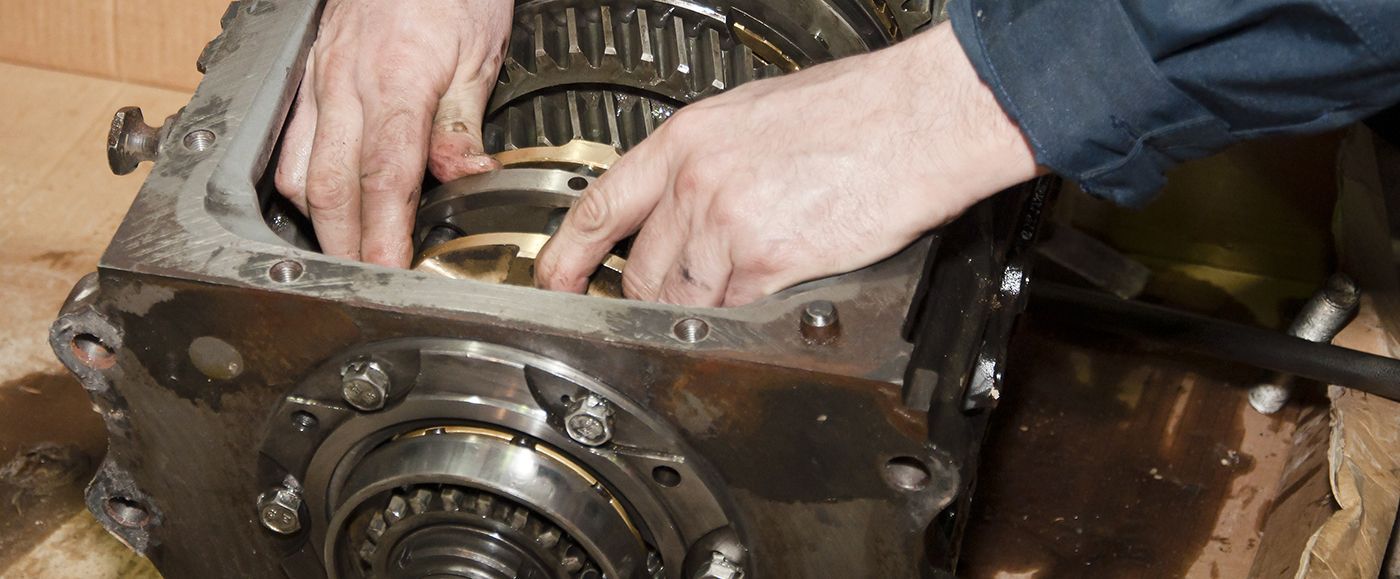FAQ’s About Limited Slip Differentials

A limited slip differential (LSD) is an important component in many vehicles, particularly in performance cars and off-road vehicles. It offers a balance between traction and power distribution, promoting optimal handling in various driving conditions. At Waterloo Transmissions, we provide expert limited slip differential service in the greater Akron area. Here are some frequently asked questions about LSDs.
What is a limited slip differential?
A limited slip differential is a mechanism in a vehicle's drivetrain that allows the wheels to rotate at different speeds while maintaining power to both wheels. Unlike an open differential, which directs all the power to the wheel with the least resistance, an LSD ensures that both wheels receive power, even if one wheel loses traction.
How does an LSD work?
An LSD detects when one wheel is spinning faster than the other, usually due to a loss of traction. When this happens, the LSD engages and limits the amount of slip between the two wheels, ensuring power is still delivered to the wheel with more traction. This helps improve control in slippery or uneven conditions.
Why would I want an LSD?
If you frequently drive in conditions where traction is an issue (such as rain, snow, gravel, or off-road terrain), an LSD can greatly improve your vehicle's handling and performance. LSDs are also popular among car enthusiasts for improving cornering ability, as they help to maintain better control in high-performance driving situations.
Do all cars have LSDs?
No, not all cars come with LSDs. Many vehicles come equipped with an open differential, which is simpler and cheaper to manufacture. However, LSDs are common in performance vehicles and SUVs designed for off-road use or heavy towing.
How can I tell if my car has an LSD?
The easiest way to determine if your vehicle has an LSD is to check the owner's manual or contact the manufacturer. Also, you can perform a simple test: jack up the car, spin one rear wheel, and observe the other. If both wheels rotate in the same direction, you probably have an LSD.
Where can I get expert differential repair in Akron?
For top-quality
differential repair in Akron, Canton, and Dover, OH, contact Waterloo Transmissions. Our local transmission mechanics can expertly address your vehicle’s differential needs!





